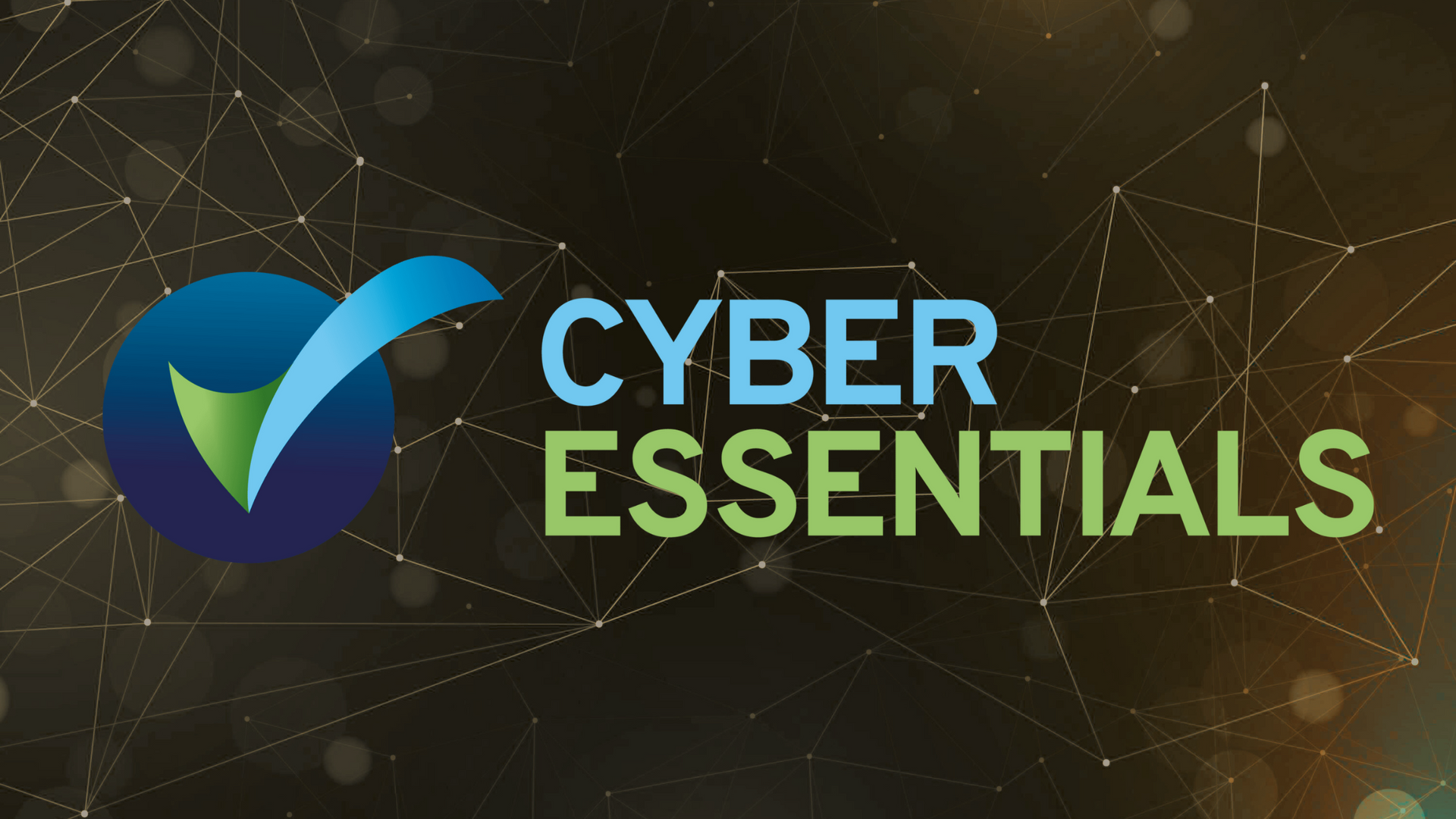Why is password security important for businesses?
It's no secret that protecting your business's data is more important than ever. One of the simplest yet most effective ways to safeguard your information is by ensuring robust password security. Here’s why every business, regardless of size, should prioritise password security and some easy steps to get started.
Protecting Sensitive Data
Your business likely handles a variety of sensitive information, from customer details and financial records to proprietary business data. Weak or compromised passwords can lead to data breaches, exposing this valuable information to cybercriminals. Strong password policies help ensure that only authorised personnel can access critical data, keeping it safe from prying eyes.
Preventing Financial Loss
Cyberattacks can be incredibly costly. The expenses associated with a data breach—lost business, legal fees, and damage control efforts—can add up quickly. By focusing on password security, businesses can significantly lower the risk of breaches and avoid these financial pitfalls.
Enhancing Business Reputation
Trust is essential in business. Customers, partners, and suppliers expect you to protect their personal and business data. A breach caused by poor password security can damage your reputation and lead to loss of business and trust. By demonstrating a commitment to strong password security, you can build and maintain a reputation for reliability and trustworthiness.
Ensuring Compliance
Many industries have regulations that require businesses to protect sensitive data. Failing to comply with these regulations can result in hefty fines and legal issues. Strong password security practices help ensure you meet regulatory requirements and avoid penalties associated with data breaches and non-compliance.
Reducing Operational Downtime
Cyberattacks can lead to significant operational downtime as businesses work to mitigate the damage and restore systems. This downtime can disrupt operations and affect productivity. By implementing and enforcing strong password policies, businesses can reduce the likelihood of cyberattacks and maintain smooth, uninterrupted operations.
Implementing Strong Password Security
Here are some best practices to help you bolster your password security:
- Use Strong, Unique Passwords: Encourage the use of complex passwords that combine letters, numbers, and special characters. Avoid easily guessable passwords and ensure each account has a unique password.
- Implement Multi-Factor Authentication (MFA): MFA adds an extra layer of security by requiring additional verification steps beyond just a password. This can include a text message code, email confirmation, or biometric verification.
- Regularly Update Passwords: Set policies that require employees to change their passwords regularly and avoid reusing old passwords.
- Educate Employees: Conduct regular training sessions to educate employees about the importance of password security and the potential risks of weak passwords.
- Utilise Password Managers: Password managers can help employees generate, store, and manage strong passwords securely, reducing the reliance on easily guessable passwords.
Password security is a vital part of protecting your business data. By implementing strong password policies and educating your team about best practices, you can protect sensitive information, avoid financial losses, maintain your reputation, ensure compliance, and reduce operational downtime.
If you would like to discuss security awareness training for your staff from KnowBe4 or Keeper Password Manager, get in touch here.
Join Our Mailing List
All sign-ups are handled inline with our privacy policy and can unsubscribe at any time.
Recent Blogs






















